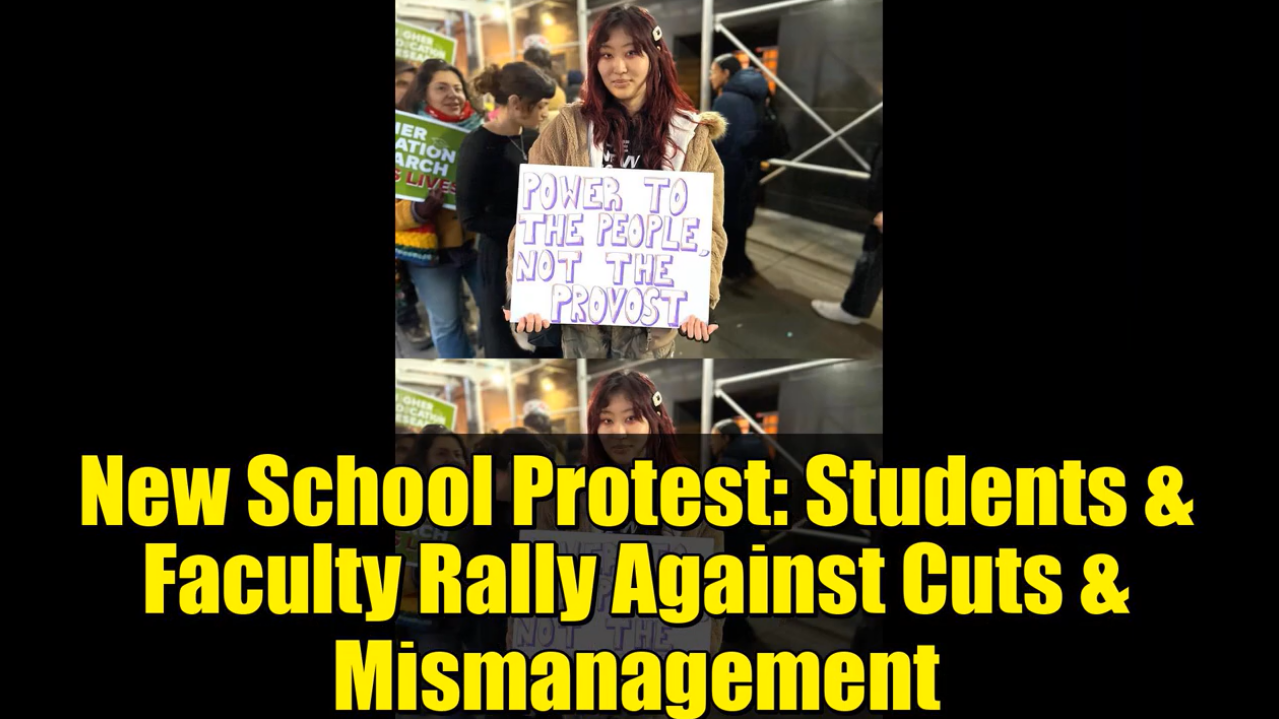[Black History Month\Nelson Mandela]
Mandela: “Overcoming poverty is not a gesture of charity. It is an act of justice…While poverty persists, there is no true freedom. The steps that are needed from the developed nations are clear.”
Photo: Facebook\Ahmed Kathrada
A young Nelson Mandela on the roof at Kholvad House. Photograph courtesy of Ahmed Kathrada
In honor of Black History Month, the Black Star News will be featuring speeches, interviews, poetry, etc. all month from important figures who fought for Black liberation and who represent the Black experience with honor.
The following are excerpts taken from two different speeches given by former South African freedom fighter and South African President Nelson Mandela where he addresses the issues of poverty, income inequality and greed.
The following was an excerpt given at a speech during Maskakhane Focus Week, in Bothaville, South Africa, on October 14th 1998.
“South Africans have shown a tremendous capacity to join hands when facing difficulty.
“The apartheid system eventually fell because of the unity of those who were denied their rights, and because all sectors of society recognized that they had more to gain from working together than from fighting each other. It is that same quality that has helped us, so quickly, to lay the foundations for a better life.
“When apartheid ended we faced the difficult task of reconstructing our shattered society and providing the most basic of services for our people. We had to buildschools and hospitals, to provide housing and jobs, to boost our economy, to protect our people’s rights through our Constitution and our courts, to help South Africa deal with the division of its past and start the healing process, to deal with abuse and damage which engulfed most of our communities.
“Essentially our task was to create the conditions in which every South African has the opportunity to create a better life for themselves. But government cannot meet these challenges by itself. It requires of us all to pull together, into a partnership, in order to bring about the necessary changes.
“In order to achieve these goals, we also needed to transform government from a system serving minority interests to one that meets the needs of all South Africans. And all these things had to be done in a country where most people were denied experience of government or proper education and training. This is why we have placed a heavy emphasis on building capacity in government. …
“When we say that the best solutions to these challenges can only be found when we work with each other, it requires a commitment of each and every one of us. Today we should all ask ourselves: What have I done to improve the surroundings in which I live? Do I litter or do I protect my surroundings? Do I spread racial hatred or do I promote peace and reconciliation? Do I buy stolen goods or do I help reduce crime? Do I pay my dues or do I cheat on my taxes, service fees and licenses? Do I expect everything to be delivered to me or do I work with my local councilors to create a better life for myself and my community?”
This next excerpt was given at the Live 8 Concert in Johannesburg, South Africa, on July 2nd 2005.
“As long as poverty, injustice and gross inequality persist in our world, none of us can truly rest. We shall never forget how millions of people around the world joined us in solidarity to fight the injustice of our oppression while we were incarcerated. Those efforts paid off and we are able to stand here and join the millions around the world in support of freedom against poverty.
“Massive poverty and obscene inequality are such terrible scourges of our times — times in which the world boasts breathtaking advances in science, technology, industry and wealth accumulation.
“We live in a world where knowledge and information have made enormous strides, yet millions of children are not in school. We live in a world where the AIDS pandemic threatens the very fabric of our lives. Yet we spend more money on weapons than on ensuring treatment and support for the millions infected by HIV. It is a world of great promise and hope. It is also a world of despair, disease and hunger.
“Overcoming poverty is not a gesture of charity. It is an act of justice. It is the protection of a fundamental human right, the right to dignity and a decent life. While poverty persists, there is no true freedom. The steps that are needed from the developed nations are clear.
“The first is ensuring trade justice. I have said before that trade justice is a truly meaningful way for the developed countries to show commitment to bringing about an end to global poverty. The second is an end to the debt crisis for the poor countries. The third is to deliver much more aid and make sure it is of the highest quality. ..”






